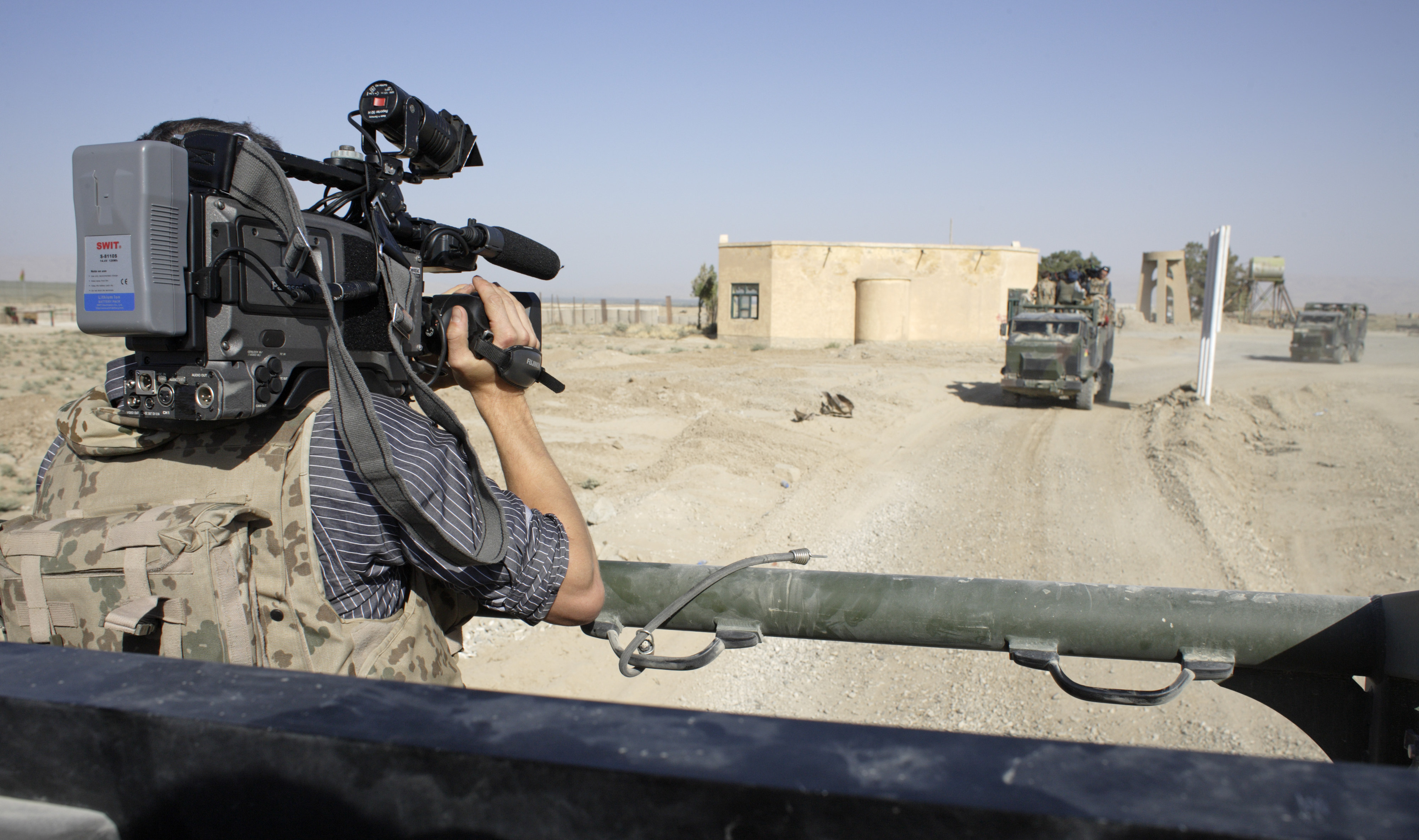Journalist in Afghanistan
Copyright© Thomas Imo/photothek.net
Background Free media for democracy and good governance
Everyone has the right to freedom of opinion and expression; this right includes freedom to hold opinions without interference and to seek, receive and impart information and ideas through any media and regardless of frontiers.
Digital challenges
All over the world, media systems are changing as a result of technological developments. Business models, job profiles and the pace of the news business have all changed in the last few years – in some cases radically. Thanks to digital channels, more and more people are now able to participate in public debates. At the same time, major digital platforms have changed the way people access information and share their opinions.
However, the internet and digital technologies can only realise their development potential if structures are in place to ensure that ideas and information can be shared openly and freely. When censorship and disinformation, inflammatory propaganda and surveillance hold sway, participation and innovation are hampered. That is why through its development policy Germany seeks to strengthen the right to freedom of opinion and access to information, also and especially with a view to having an open and freely accessible digital space where human rights principles apply.
The global state of freedom of opinion and freedom of the press
Journalists in the Republic of Moldova
According to the Democracy Report 2023 (External link) published by the Swedish V-Dem Institute, the state of freedom of opinion and freedom of the press has deteriorated significantly over the past ten years. The media, civil society, and academic and cultural institutions are under attack from autocracies. The share of people in the world living in authoritarian regimes has increased significantly, reaching 72 per cent in 2022.
In its World Press Freedom Index 2023 (External link), Reporters Without Borders (RSF) analysed the state of press freedom in 180 countries. The RSF Secretary-General talks about “enormous volatility […] and unprecedented changes” in the state of press freedom. According to the Index, the situation is “very serious” in 31 countries, “difficult” in 42 countries and “problematic” in 55 countries. In 118 countries, most of the respondents (to the Index questionnaire) reported that “political actors in their countries were often or systematically involved in massive disinformation or propaganda campaigns”.
As at: 06/12/2023


